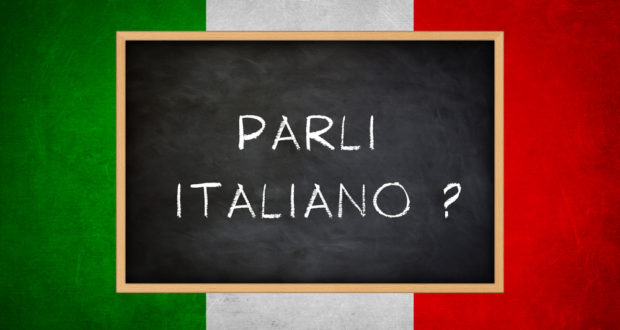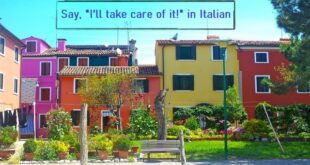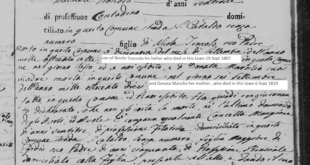In my mother’s hometown in Italy, people don’t ask, “What is your name?” Rather, they ask, “To whom do you belong?” You answer with the family name, actually most of the time with the nickname by which your family is known in town.
The importance of belonging to a family, to a community, comes before one’s own individuality. The community shares the same values, customs, traditions and dialect, as well as hopes, beliefs and expectations.
Italians who left Italy and came to this country have maintained many of those values and traditions. The fourth- and fifth-generations Italian-Americans of today are still very proud of their origins. Family traditions are handed down and cherished by all.
Of course, our Italian-American community is also naturally changing. The assimilation process is complete. It has never been more important or compelling to maintain some substantial tie to the heritage and culture that we still to a very significant extent belong to.
Culture is like a fire in a fireplace: it needs wood, paper, kindling, and a light to start it. It also requires work and attention in tending the fire to keep it from going out.
Culture is also like the lawn in front of our homes: you want it emerald green, lush, the envy of your neighbors. Lawns also need care, a lot of care: fertilization, weed control, mowing, watering.
Our cultural heritage is like that fire or that lawn. It needs care and attention. It needs our commitment to tending it in order to keep those embers glowing and that grass growing brilliantly green.
Our Italian culture is “lush”: It is rich, precious with art, music, architecture, design, traditions, food, fashion and much more.
Our language is the envy of the world: On behalf of no other language do I hear the admiration many express when listening to someone speaking Italian. Countless citizens of this and other countries throughout the world study Italian because “è una bella lingua.”
So how are we as Italian Americans caring for our culture and passing it on to younger generations? What are we doing to show that we “belong” to that culture and that we want to keep it vibrant, productive, present?
What can the Italian-American community do to keep our culture alive?
Our associations are already engaged in this process, generously providing scholarships. We might want offer even more of them, dedicating some of them to specifically Italian and Italian-American topics.
Are there additional initiatives we want to take?
To begin with, we want to raise awareness about the need to culturally feed our ethnic identity as a source of pride and strength.
We want to extend our cultural reach beyond our culinary activities, bocce tournaments, summer festivals, parades and dinner dances that we currently engage in.
We want to embrace a more comprehensive vision of our Italian culture.
We want to regain the ability to speak our Italian language by offering more Italian classes at more locations, especially to young children, as well as adults of all ages. And we want to advocate for its introduction into school curricula at every level.
When our ancestors came to America, they knew that being able to speak English was the pathway to assimilation. Today, our ability to maintain the culture of our ancestors depends on our ability to speak their language. Did you know that passing an Italian language test is now required to obtain Italian citizenship?
We want to reach out to our younger generations, empower them with leadership positions in our associations, and involve them in proposing and organizing events and initiatives to nurture our culture.
We want to retain direct ties with Italy and our hometowns, restore connections to our roots, and foster them through exchange programs.
We want to reflect on who we are, who we want to be and how we can reinforce our identity moving forward.
The Italian culture is what we belong to.
The above appears in the January 2020 issue of the print version of Fra Noi. Our gorgeous, monthly magazine contains a veritable feast of news and views, profiles and features, entertainment and culture. To subscribe, click here.
 Fra Noi Embrace Your Inner Italian
Fra Noi Embrace Your Inner Italian







